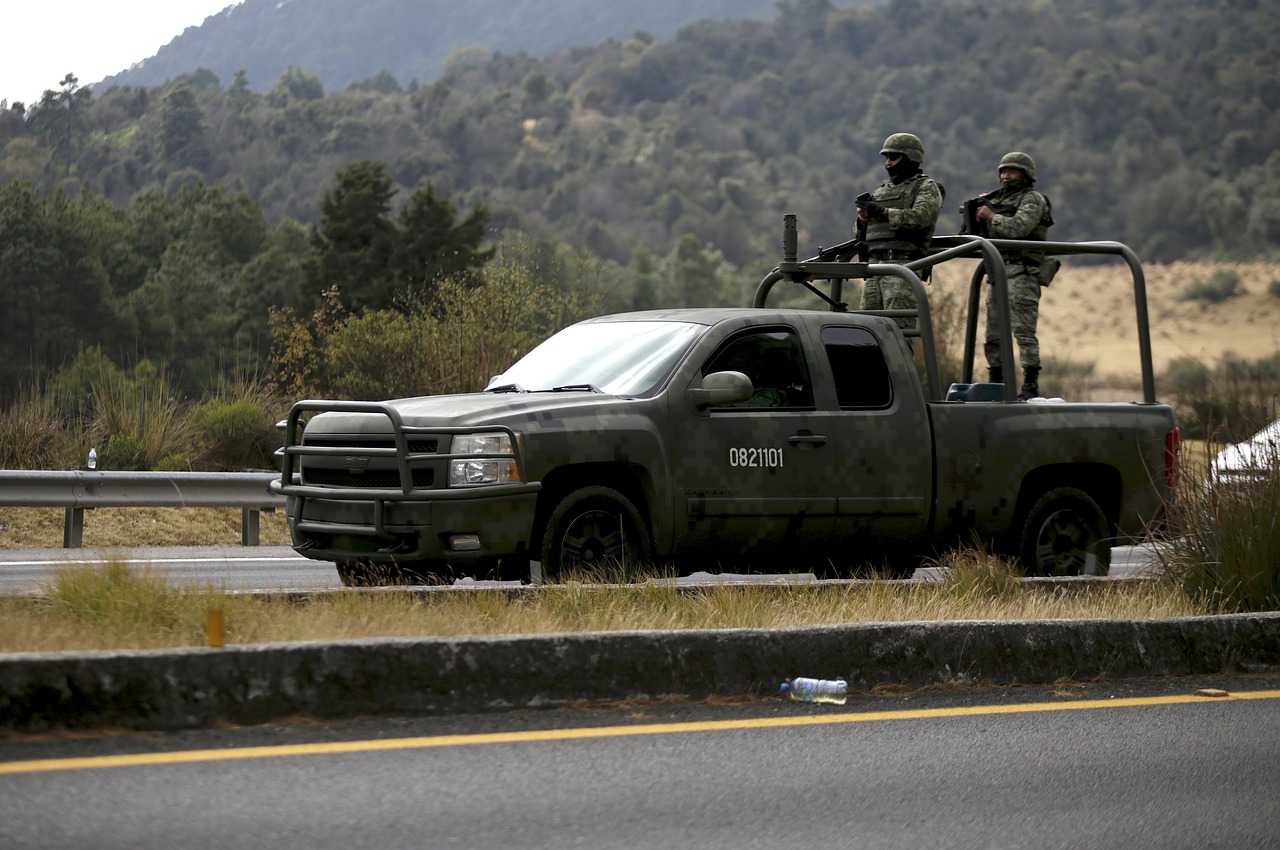The Causes of the Great War - A Detailed Analysis
Exploring the complex factors that led to the outbreak of the Great War involves a deep dive into various interconnected aspects that shaped the geopolitical landscape of the early 20th century. From political tensions to economic rivalries, each element played a crucial role in setting the stage for one of the most devastating conflicts in human history.
Political tensions stood as a prominent pillar in the build-up to the war, with European nations engaging in power struggles and rivalries fueled by the rise of nationalism. The competition for territories and the quest for dominance heightened animosities, creating a volatile environment where diplomatic solutions often fell short.
Militarism, characterized by the arms race among major powers, further exacerbated the situation. The glorification of war and the expansion of military forces instilled a sense of readiness for conflict, leading to a dangerous escalation of aggressive behaviors that pushed the world closer to the brink of war.
Additionally, the intricate web of alliances formed by European countries, such as the Triple Entente and the Triple Alliance, added another layer of complexity to the geopolitical landscape. What initially began as regional disputes soon spiraled into a global conflict, as these alliances pulled nations into the fray, turning localized tensions into a widespread war.
Imperialism, with its focus on the competition for colonies and economic dominance, played a significant role in shaping international relations. The desire for resources and territories fueled conflicts of interest among nations, setting the stage for confrontations that would eventually erupt into full-scale war.
The assassination of Archduke Franz Ferdinand in Sarajevo marked a pivotal moment that set off a chain reaction leading to war. The act by Gavrilo Princip served as the spark that ignited long-standing tensions, triggering a series of events that culminated in the outbreak of the Great War.
Furthermore, economic factors, including trade rivalries and the impact of industrialization on military capabilities, added fuel to the fire. The pursuit of economic interests in colonies and the quest for technological superiority shaped the strategies and motivations of nations involved, influencing the course of the conflict.
Social unrest within European societies, characterized by class struggles, labor movements, and the rise of radical ideologies, further destabilized the region. These internal tensions, combined with external pressures, created a volatile mix that ultimately led to the eruption of war.
Lastly, the failure of diplomacy to avert conflict and the breakdown of communication between nations played a critical role in the lead-up to the Great War. Despite efforts to prevent hostilities through diplomatic channels, the inability to find common ground and effectively manage crises paved the way for the outbreak of a devastating global conflict.

Political Tensions
Exploring the complex factors that led to the outbreak of the Great War, examining political tensions, militarism, alliances, imperialism, and the assassination of Archduke Franz Ferdinand as key catalysts for the conflict.
Political tensions in Europe were like a simmering pot ready to boil over. The continent was a powder keg of power struggles, rivalries, and nationalistic fervor. Nations vied for dominance, each seeking to expand their territories and influence. The rise of nationalism further fueled these tensions, with countries fiercely protective of their identities and interests. It was a game of chess where every move had consequences, and one wrong step could lead to chaos.

Militarism
Militarism, a key factor in the lead-up to the Great War, was characterized by the aggressive buildup of military forces and the glorification of war as a means of achieving national goals. The major powers engaged in an arms race, constantly expanding and modernizing their armies and navies in a bid for supremacy. This militaristic mindset not only fueled competition among nations but also created a sense of readiness for conflict, heightening tensions across Europe.
Furthermore, the emphasis on military strength as a measure of national power led to the development of complex military strategies and alliances. Countries sought to demonstrate their military prowess through displays of force, parades, and military exercises, showcasing their readiness to engage in warfare. The glorification of war in the public discourse and media further normalized the idea of armed conflict as a legitimate tool of statecraft.
The militaristic policies pursued by governments also had profound social and economic implications. Resources that could have been allocated to social welfare or economic development were instead channeled into military expenditures, draining national treasuries and straining economies. The expansion of military forces not only consumed vast amounts of resources but also created a culture of militarism that permeated society, influencing public attitudes and shaping national identities.

Alliances
Exploring the complex factors that led to the outbreak of the Great War, examining political tensions, militarism, alliances, imperialism, and the assassination of Archduke Franz Ferdinand as key catalysts for the conflict.
Alliances played a crucial role in the lead-up to the Great War, creating a tangled web of commitments and obligations that heightened tensions and ultimately led to a global conflict. The formation of alliances, such as the Triple Entente between France, Russia, and Britain, and the Triple Alliance of Germany, Austria-Hungary, and Italy, was intended to provide security and deter potential aggressors. However, these alliances also had the unintended consequence of turning regional disputes into large-scale confrontations.
As countries pledged mutual support to their allies, any conflict between two nations risked dragging their allies into the fray, escalating minor disputes into full-blown wars. The intricate nature of these alliances meant that a spark in one corner of Europe could quickly engulf the entire continent in conflict. The rigid adherence to alliance commitments limited diplomatic flexibility and made it challenging to find peaceful resolutions to disputes.
Furthermore, the system of alliances created a sense of inevitability and fatalism, where nations felt compelled to honor their commitments regardless of the circumstances. This lack of flexibility and room for maneuverability constrained diplomatic efforts and contributed to the rapid escalation of tensions in the years leading up to the outbreak of war.
In addition to formal alliances, there were also secret agreements and understandings between nations, adding another layer of complexity to the diplomatic landscape. These secret alliances further muddied the waters and made it difficult to discern the true intentions and loyalties of different countries, increasing suspicions and paranoia among nations.
The alliances system, while initially intended to promote stability and security, ultimately became a double-edged sword that exacerbated existing tensions and paved the way for the catastrophic conflict that would come to be known as the Great War.

Imperialism
Imperialism was a significant factor that contributed to the outbreak of the Great War. European powers were engaged in a fierce competition for colonies and resources, driven by the desire for economic dominance and expansion. The scramble for territories in Africa and Asia intensified rivalries between nations, leading to heightened tensions and conflicts. The quest for imperial ambitions not only fueled the arms race but also created a complex web of alliances as countries sought to protect their colonial interests.
The economic motivations behind imperialism played a crucial role in shaping international relations. Trade rivalries and the exploitation of colonies for resources were central to the imperialistic ambitions of major powers. The industrial revolution further fueled these ambitions, as nations sought to secure raw materials for their industries and expand their markets for finished goods. The economic competition resulting from imperialism added another layer of complexity to the geopolitical landscape of pre-war Europe.
The impact of imperialism on the lead-up to the Great War cannot be understated. The aggressive pursuit of colonies and resources not only heightened tensions between nations but also exacerbated existing rivalries. The imperialistic policies of European powers created a volatile environment where any spark could ignite a full-scale conflict. The quest for economic supremacy through imperialism set the stage for a global confrontation that would shape the course of history.

